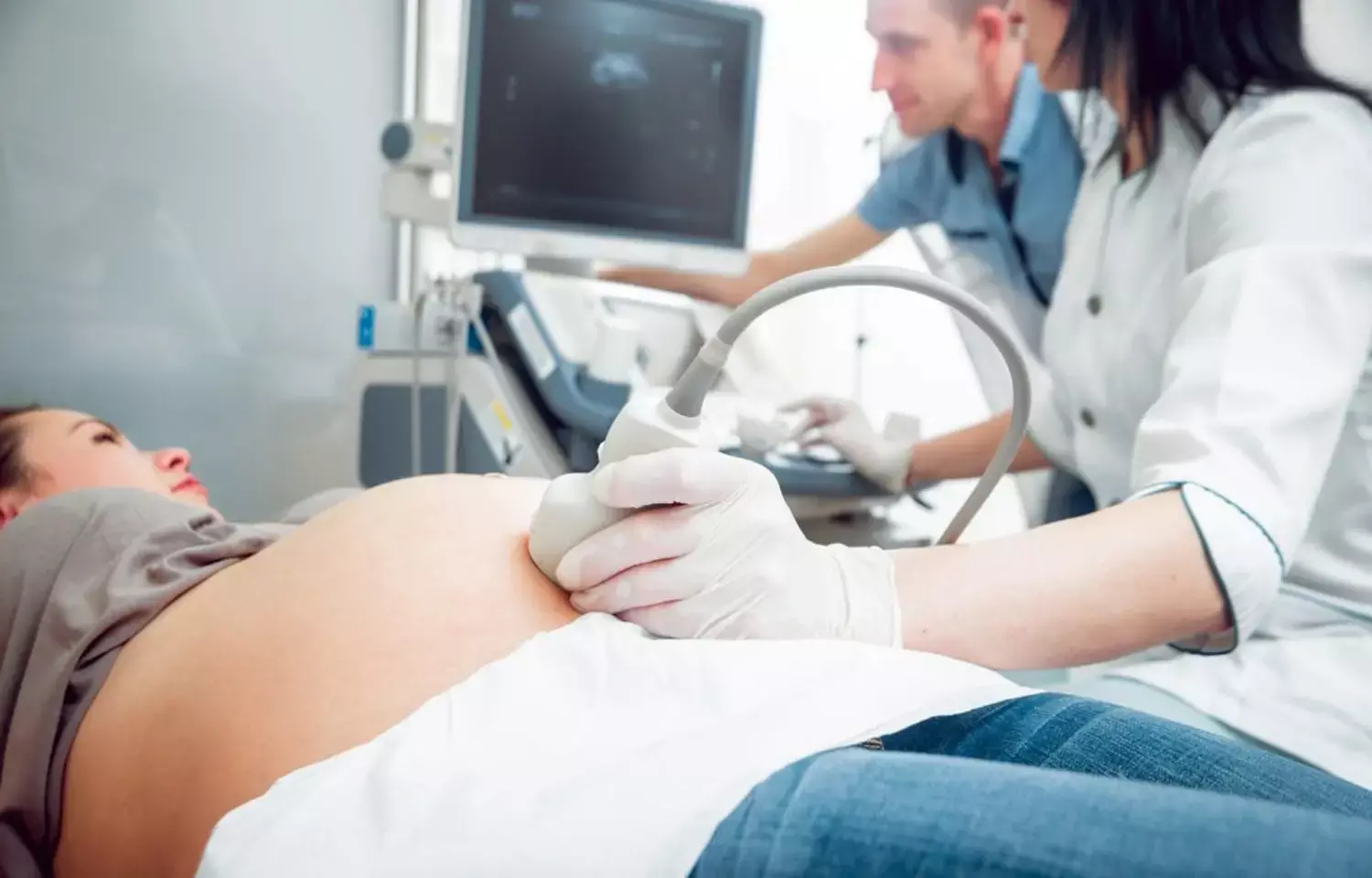- Home
- Medical news & Guidelines
- Anesthesiology
- Cardiology and CTVS
- Critical Care
- Dentistry
- Dermatology
- Diabetes and Endocrinology
- ENT
- Gastroenterology
- Medicine
- Nephrology
- Neurology
- Obstretics-Gynaecology
- Oncology
- Ophthalmology
- Orthopaedics
- Pediatrics-Neonatology
- Psychiatry
- Pulmonology
- Radiology
- Surgery
- Urology
- Laboratory Medicine
- Diet
- Nursing
- Paramedical
- Physiotherapy
- Health news
- Fact Check
- Bone Health Fact Check
- Brain Health Fact Check
- Cancer Related Fact Check
- Child Care Fact Check
- Dental and oral health fact check
- Diabetes and metabolic health fact check
- Diet and Nutrition Fact Check
- Eye and ENT Care Fact Check
- Fitness fact check
- Gut health fact check
- Heart health fact check
- Kidney health fact check
- Medical education fact check
- Men's health fact check
- Respiratory fact check
- Skin and hair care fact check
- Vaccine and Immunization fact check
- Women's health fact check
- AYUSH
- State News
- Andaman and Nicobar Islands
- Andhra Pradesh
- Arunachal Pradesh
- Assam
- Bihar
- Chandigarh
- Chattisgarh
- Dadra and Nagar Haveli
- Daman and Diu
- Delhi
- Goa
- Gujarat
- Haryana
- Himachal Pradesh
- Jammu & Kashmir
- Jharkhand
- Karnataka
- Kerala
- Ladakh
- Lakshadweep
- Madhya Pradesh
- Maharashtra
- Manipur
- Meghalaya
- Mizoram
- Nagaland
- Odisha
- Puducherry
- Punjab
- Rajasthan
- Sikkim
- Tamil Nadu
- Telangana
- Tripura
- Uttar Pradesh
- Uttrakhand
- West Bengal
- Medical Education
- Industry
Fetal MRI can accurately detect posterior fossa anomalies: Study

USA: Fetal MRI provides the most accurate diagnosis of suspected abnormalities of the posterior fossa (PF), finds a recent study in the journal Pediatric Neurology. This facilitates pregnancy management decision-making.
"Timing of fetal imaging may impact the accuracy of the diagnosis," wrote the authors.
Anomalies in posterior fossa can be diagnostic dilemmas during the fetal period. There is a wide variation in the prognosis for different diagnoses of the PF. Sarah D. Schlatterer, Children's National Hospital, Washington, DC, and colleagues, therefore, aimed to 1) to determine whether fetal MRI (feMRI) and prenatal neurology consultation lead to alternate diagnoses for maternal-fetal dyads referred due to concern for a fetal PF anomaly and; 2) to determine how often the pre- and postnatal diagnoses differed.
For the purpose, the researchers performed a retrospective study of cases referred to the Prenatal Pediatrics Institute at Children's National Hospital from January 2012 to June 2018 due to concern for PF anomaly.
Cases were scored for change in prognosis based upon clinical and feMRI report. Postnatal imaging was compared with prenatal imaging, where available.
Key findings of the study include:
- In total, 180 cases were referred for fetal PF anomalies based on outside obstetric ultrasound, underwent feMRI and had a neurology consultation. FeMRI and neurology consultation resulted in a change in fetal prognosis in 70% of cases.
- The most common referral diagnosis in our cohort was Dandy-Walker continuum, but it was not often confirmed by feMRI.
- In complex cases, PF diagnosis and prognosis determined by feMRI impacted choices regarding pregnancy management.
- Postnatal imaging was obtained in 57 (47%) live-born infants.
- Fetal and postnatal prognoses were similar in 60% of cases.
"Fetal diagnosis impacts pregnancy management decisions," wrote the authors.
"Fetal-postnatal imaging agreement was 60% overall, highlighting the conundrum of balancing the timing of feMRI to provide the most accurate diagnosis in time to make pregnancy management decisions regarding suspected abnormalities of the posterior fossa."
The study titled, "The Role of Fetal MRI for Suspected Anomalies of the Posterior Fossa," is published in the journal Pediatric Neurology.
DOI: https://www.pedneur.com/article/S0887-8994(21)00002-3/fulltext
Dr Kamal Kant Kohli-MBBS, DTCD- a chest specialist with more than 30 years of practice and a flair for writing clinical articles, Dr Kamal Kant Kohli joined Medical Dialogues as a Chief Editor of Medical News. Besides writing articles, as an editor, he proofreads and verifies all the medical content published on Medical Dialogues including those coming from journals, studies,medical conferences,guidelines etc. Email: drkohli@medicaldialogues.in. Contact no. 011-43720751


